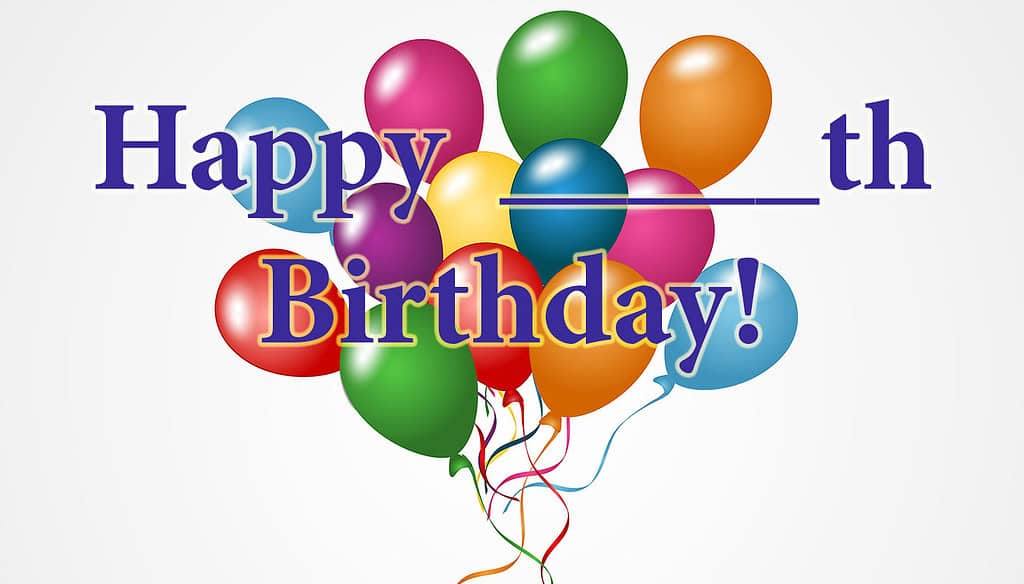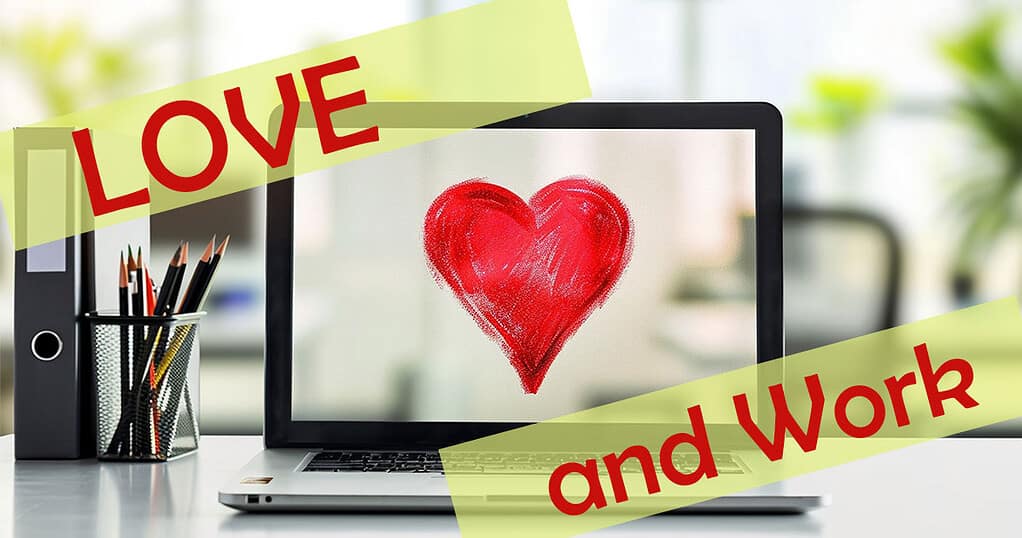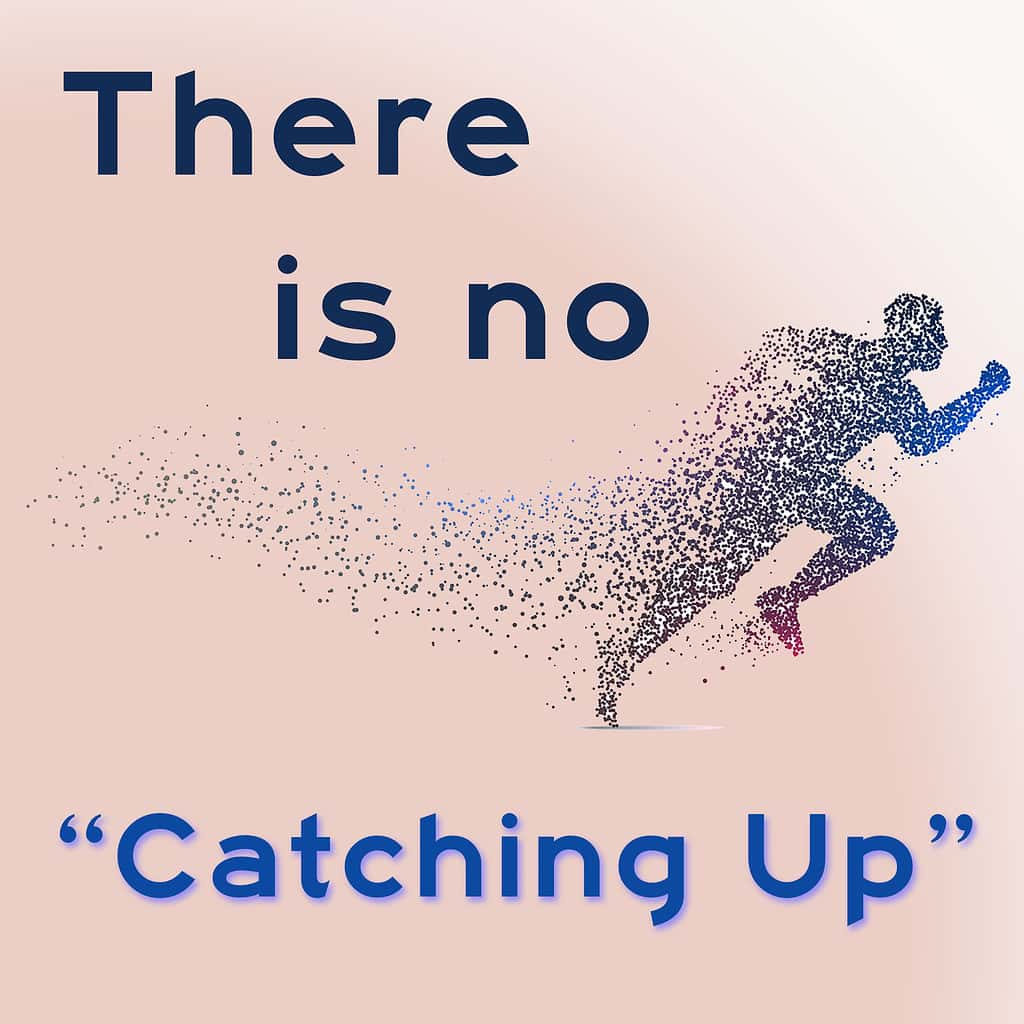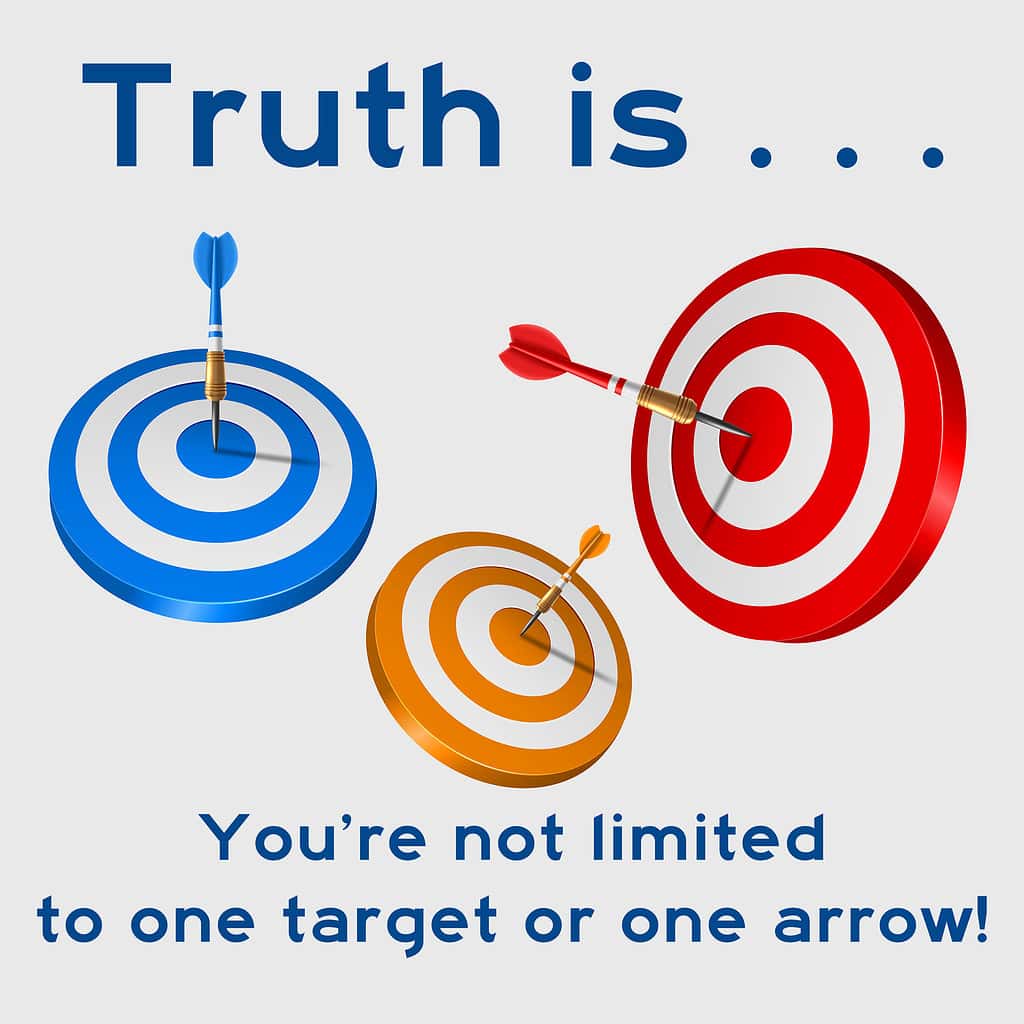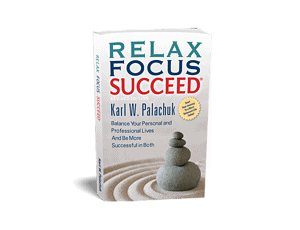If you’re a thoroughly modern person, you are probably pretty well tethered to your technology. That means you are never far from your email, cell phone, text messages, and social media. Generally speaking, these are good things. But you might be too connected.
If you are too connected, your addiction to these technologies is actually detrimental to your success, detrimental to your peace of mind, and detrimental to your health. Really. More and more research is revealing that constant tethering to technology is resulting in a new kind of neurosis or addiction.

If you can’t ignore email, text messages, and Facebook for two hours with without feeling agitated, you have a problem. This might sound funny – unless you’ve experienced it. From time to time we all legitimately wait for a special email or a special text message. But addiction comes in when you aren’t waiting for anything in particular – you just crave some kind of interaction on your phone that will make your brain produce some neuro-chemicals that give you a little a positive “hit.”
The Pew Research Center reported in 2012 that 44% of respondents said they would experience “a great deal of anxiety” if they lost their phone and couldn’t replace it for a week. My guess is that the number is higher today. For many of us, a little beep or tweet from the phone actually causes a chemical reaction in our brains.
Dopamine is a chemical created in your brain. Often called the pleasure-seeking neurotransmitter, it creates and enhances pleasure-seeking impulses. So when you get some little indicator of pleasure, dopamine pumps into the pleasure center of your brain and you go seeking more. Remember Pavlov’s dog? When the bell rings, the dog starts to salivate.
How about you? When your phone beeps, do you start to salivate? Do you rush to see whether it’s a text message or a Tweet or a Facebook alert? Dinging computers, email pop-ups, and instant messages are all the same. A little taste leads to a larger desire.
And what really happens is that one little ding results in fives minutes pleasure seeking. You make sure you’re all caught up on the alerts and emails and other activity. When you’re sure you’ve got it all, you can put your phone down. But for many of us, we start seeking the next electronic-inspired hit of dopamine as soon as we put the phone down.
Whether it’s just a habit or an actual addiction, you can get carried away with being tethered to your technology. Let’s look at how this behavior affects our lives.
On the business front, constant interruptions just make you less productive overall. Really. I’ve written many times about the fact that multi-tasking is a myth. Human beings cannot focus on two things at once. Again, more and more research is demonstrating that the best we can do is to jump between tasks doing each of them less effectively. And interruptions cause us to lose time as we switch gears. We think we’re doing more because we confuse busy-ness with productivity. We might be busier switching tasks all the time, but we are far less productive.
You need to turn off the distractions. You need to silence the alerts. You need to disable the pop-ups and instant messaging. You need to take control of communication and decide when you’ll check those things. Do not be interrupt-driven.
I am not trying to be preachy here. I really take this very seriously. That’s why I can’t ask you to just drop it all at once. If you’re addicted to the BEEP, you need to slowly ween yourself off of it. You need to un-tether, but you need to do it in a way that decreases your anxiety instead of increasing it.
The goal is to be able to ignore your disruptive technology so you can be more productive and more focused. Here’s a plan to do that without guilt, stress, or temptation.
Step One: Believe and Commit
First, you need to accept that the world really is going to be just fine even when you are not monitoring it 24/7. Intellectually, you know that you can watch a movie at home or in the theater and everything will be just fine if you don’t check your text messages during that time. And the same is true with dinner, and with sleeping at night.
So we know in our intelligent brain that we can ignore email, social media, and text messaging for hours at a time. But when we have access to these technologies we tend to turn them on and keep them on – ready to interrupt us at any time.
You have to accept that ignoring these technologies for longer periods of time is okay and that nothing bad will happen. A big piece of this is that YOU will control the entire process. You will decide when to look at email or check the phone.
Step Two: Plan Out A Morning Routine
The morning is key because it gets you up and going and sets the tone for the day. The biggest change here is that you will not check your phone (or email, Facebook, LinkedIn, Pinterest, Instagram, etc.) first thing when you wake up.
You need to actually wake up, acknowledge the new day, and calmly enter the world before you choose to tether yourself to technology. That means you will want to make sure that the phone is left in the kitchen or the study at night – not in your bedroom. Not next to your head. Not where you can reach over and get your first hit of dopamine before you crawl out of bed.
A good morning routine for everyone includes a gentle start. Wake up. Make coffee or tea. Have a very light meal or snack. Like a small yogurt. Just enough to give you a boost of energy. Then exercise for 30-60 minutes. Of course I recommend quiet time (meditation, prayer, etc.). Then you can shower, have breakfast, and get ready for your day.
THEN you can check your email and phone.
Step Three: Create a Regular Schedule for Email and Phone
I know it sounds drastic, but I encourage you to totally silence your phone and turn off all reminders and alerts for email and social media. In other words, nothing in your environment should be beeping and tweeting and buzzing. YOU will decide when to check these things. They do not have the right to interrupt you.
Whatever you are doing right “now” is absolutely more important than whatever interruption happens to occur. You’ll prove this to yourself in the next step.
For now, set yourself a non-interruption policy. Turn off all the alerts.
Then, set yourself a schedule. For example, let’s say you go through the morning routine above and check the phone, email, and text messages between 7:30 and 8:00 in the morning. If you are heading to work at an office, I highly recommend that you do NOT check email until you get there. The first email session of the morning usually involves filtering through a lot of crap you’re going to delete anyway. The rest of the day, email can usually be handled in 5-10 minute sessions.
What’s your schedule? The best is probably 60 or 90 minutes. That means that you check all of your electronic communications, and then close it out or ignore it for 60-90 minutes. Do not check email every few minutes. Do not have a Twitter (Facebook, LinkedIn, etc.) feed scrolling on your screen. Do not have pop-ups or audible alerts.
YOU decide to check your email after 60-90 minutes. I think you’ll be amazed that you’ll catch up on everything in 10-15 minutes. Then you can go silent again for 60-90 minutes.
Eventually, you’ll stretch out this time. Maybe you’ll end up checking email at 8:00 am, 10:00 am, 1:00 pm, 3:00 pm, and 4:45 pm. That’s much better than twenty times an hour. Really.
Step Four: Keep a Log of Important Communications
One of the lies we tell ourselves about the technology tether is that we’ll miss something important. But the reality is that 99.999% of the time, the phone call that interrupts you is LESS important than whatever you’re doing at the time. Email is even less likely to be more important than what you’re doing. Twitter and Facebook less than that. Instagram less than that. And so forth.
Here’s a sample log format. Simply mark down the time you you check email, etc. and then log the number of emergencies and high priority items that you did not respond to in a timely manner. For example, if someone is stuck on the side of the road in the rain with a flat tire and they decided to call you instead of AAA, did you respond to them quickly enough?
Time Check . . . Emergencies High Priority ----- ----------- ----------- -------------
8:00 AM Voicemail 0 0
Email 0 0
Social Media 0 0
9:30 AM Voicemail 0 0
Email 0 0
Social Media 0 0
11:00 AM Voicemail 0 0
Email 0 0
Social Media 0 0
12:30 PM Voicemail 0 1
Email 0 0
Social Media 0 0
2:00 PM Voicemail 0 0
Email 0 0
Social Media 0 0
3:30 PM Voicemail 0 0
Email 0 0
Social Media 0 0
5:00 PM Voicemail 0 0
Email 0 0
Social Media 0 0
Note: There’s no need to track Medium and Low Priority items since they can wait 60-90 minutes. They are not, by definition, Emergencies or High Priority.
Keep a log like this for a week. You can track it during the business day or all day from when you get up until you go to bed at night. What you’ll see is self-proof that you don’t need to camp out on your phone waiting for urgent tweets.
. . . Or Do Something Different
This approach might not be right for you. But if you look at your technology tether and decide that you need to be less tethered, please come up with a different plan that does work for you. I don’t know what the future holds regarding technology. But I know this: We will only become more tethered to more technologies as time goes on.
Take control of your communication. Separate the entertainment factor from the work factor and focus on what needs to be done. Focus never happens by itself. You have to choose to focus. Which means you have to choose to un-tether.
🙂

